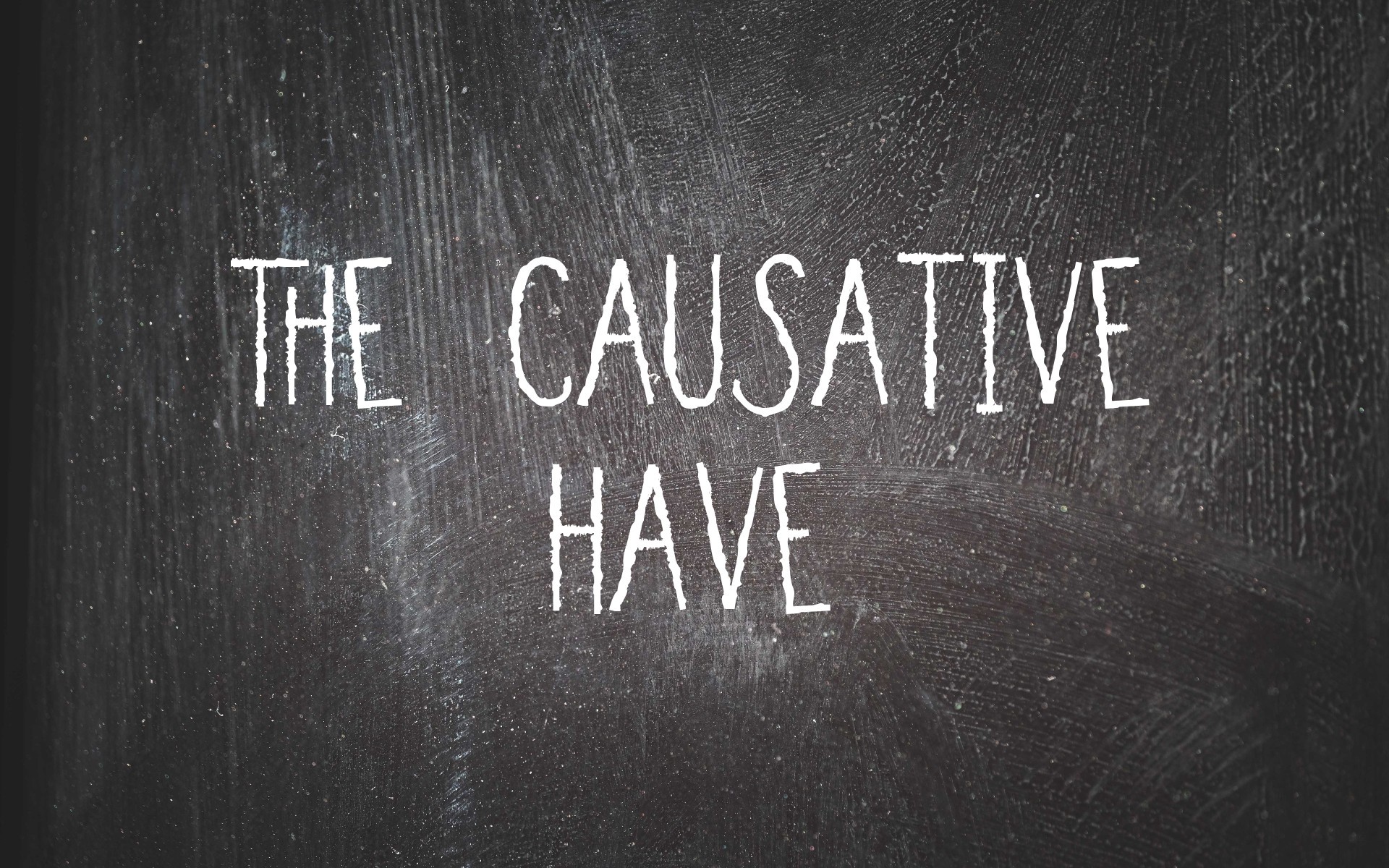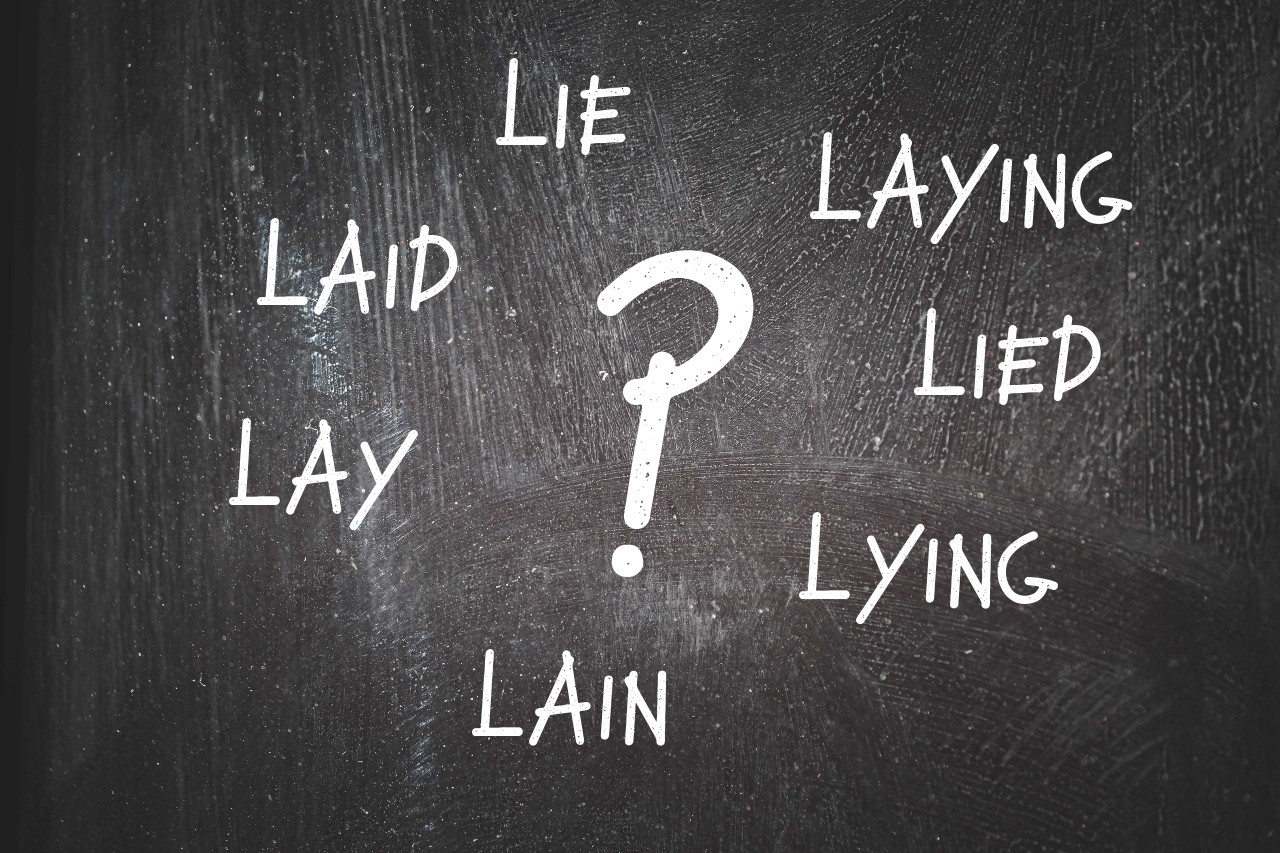Three words that students often confuse: other, others, and another. What's the difference between them and when to use which? Read on for a few basic explanations and some grammar practice suitable for students at A2 / B1 level. OTHER Other is a determiner - an adjective that stands before nouns. Since it's an adjective, …
Grammar practice: the causative have
In this post we'll do a bit of grammar practice on a special use of the verb 'have', namely the causative have. This structure is used when you want to say that you didn't do something by yourself, but they you've simply arranged (i.e. caused) for someone else to do it for you. It always …
English grammar: ‘because’ vs ‘because of’
Students at the beginner level often confuse the use of ‘because’ and ‘because of’. In this post I’ll briefly explain the difference between the two, and at the end you’ll find the link to an online grammar exercise on this. BECAUSE The word ‘because’ is a conjunction. It introduces a clause, which is a whole …
Continue reading "English grammar: ‘because’ vs ‘because of’"
Confusing verbs: lay & lie
In response to a recent question from several of my students, here’s a grammar post about two confusing verbs: lie and lay. (Actually, it’s three verbs, but we’ll come to that later.) TO LAY ‘To lay’ means to put something down. It is followed by a direct object, i.e. it’s a transitive verb—after it we …




